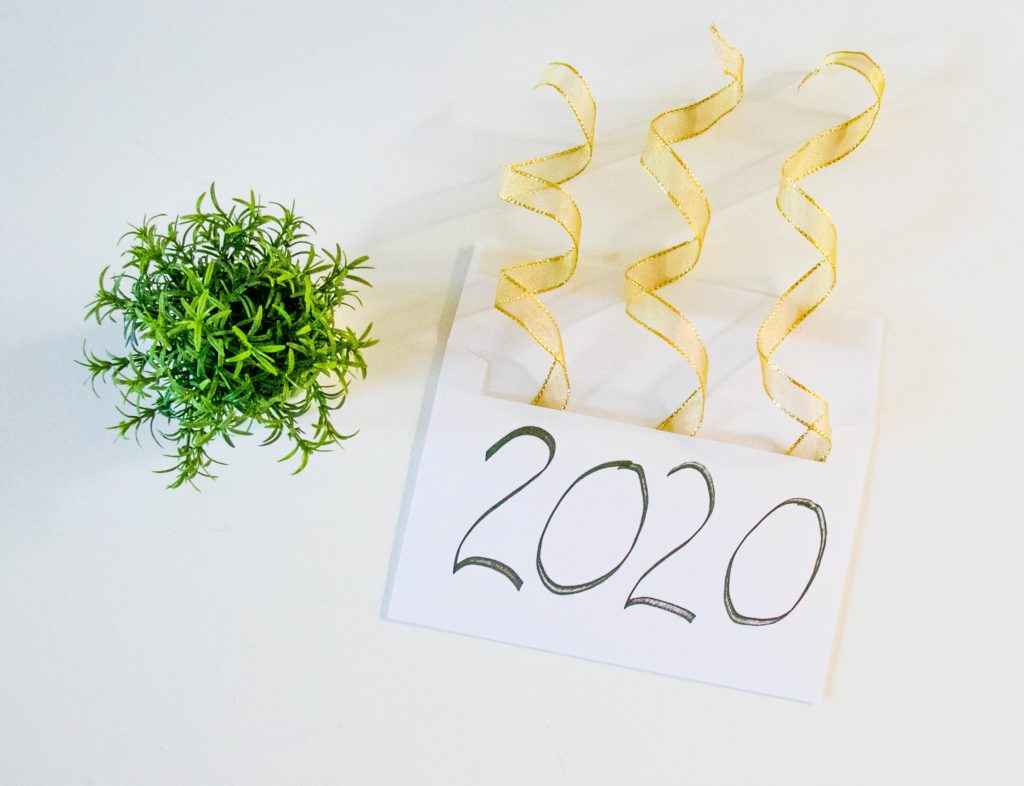Every UK household produces over 1 tonne of waste each year – in other terms the weight of a small car. It is said that in less than 2 hours the UK produces enough waste to fill the Albert Hall – I’m not sure I can even get my head round that! But to break that down for the kids a little bit – every year, the average dustbin contains enough potential energy for about 3,500 showers or 5,000 hours of television. And the staggering fact is that every seven weeks each UK person throws away their own body weight in waste! However, with some small changes up to 60% of the waste that ends up in the bin could be recycled. So, why should we recycle as much rubbish as we can? Let’s break it down and try to embed it into the next generation who frankly care more than we did at their age! Thank goodness.
Well firstly we’re saving the planet’s resources when we look to recycle what we can. Each local authority has different rules and these should be standardised – not to the lowest but to the highest! We only have one planet Earth, and once we use up all of its useful resources, they’re gone forever. It’s becoming more difficult and more damaging to exploit some of these resources, so it makes good sense to recycle and reuse as much as possible.
The song, called ‘One Small Change‘ was written by the kids themselves and encourages others to make little life alterations to try and save the planet, such as riding a bike to school instead of driving or doing the washing-up instead of using the dishwasher. We’ve mentioned this before but honestly when shared with my little ones it made an huge impact and allowed us to talk about what maters to them and to us all.
Recycling means less environmental damage. We don’t have to mine and quarry for more metals if we recycle old cans which means saving energy (and money).
Making new things from raw resources takes up a lot of energy. Recycling old materials requires far less energy. The metal for a drink can has to be dug from the ground, get transported to a processing plant where it’s turned into useful metals, then taken sometimes thousands of miles to the factory where it is finally turned into a can. If we recycle old cans means cut much of the processing and use a fraction of the energy.

By recycling, we’re cutting down on bad greenhouse gasses that scientists agree cause climate change. The British government says that our recycling efforts alone are the equivalent of taking five million cars off the road – and we can still do much better than this.
Glass Facts
- Around 14 million glass bottles and jars are sent to landfill in the UK every day.
- Recycling one glass bottle or jar saves enough energy to power your computer for 20 minutes.
- Glass can be recycled again and again – containers made from recycled glass are of the same high quality as those made from new raw materials.
- Green glass bottles are made with up to 90% recycled glass.
- The glass we recycle in the UK each year saves enough energy to launch 10 space shuttle missions
Paper Facts
- The average person living in the UK uses around 200kg of paper every year.
- Paper and card make up 40% of the waste collected for recycling from UK households.
- For every tonne of recycled newspaper, we save 17 trees.
- Recycling paper saves almost 80% of the energy needed to make paper from new raw materials.
- It can take just seven days for old magazines and newspapers to be recycled into new ones.
Plastic Facts
- In the UK we throw away around 455,000 tonnes of plastic bottles every year – equivalent to around 9.1 billion bottles.
- It takes just 25 two-litre plastic bottles to make a recycled fleece jacket.
- Recycling just one plastic bottle saves enough energy to power a 60W lightbulb for six hours.
- Around 11% of our household waste is plastic and 40% of this is plastic bottles.
- There are around 500 plastic bottles in a typical bale and you need around 20,000 plastic bottles to make one tonne.
Can Facts
- Aluminium cans are lighter than steel, and the base of an aluminium can is shinier.
- A magnet will stick to a steel can, but it will not stick to an aluminium can.
- Making one can from raw materials uses the same amount of energy that it takes to recycle 20 cans.
- The average UK household uses around 600 steel cans every year.
- The aluminium drinks can is the world’s most recycled packaging container – worldwide over 50% of aluminium cans are recycled. Recycling one aluminium can saves enough energy to power your TV for three hours.
Recycling means we can make new products cheaper. It also means that we cause fewer greenhouse gasses, and millions of tonnes less waste that will end up in landfill. By recycling, you’re not just making a difference for future generations, but doing something that is important right now.

Britain recycles less than half of its rubbish, and we’re in danger of missing the 50% target we set ourselves for this year – 2020. Let’s change this NOW. So, the big question is: What do you do with your half a tonne?
